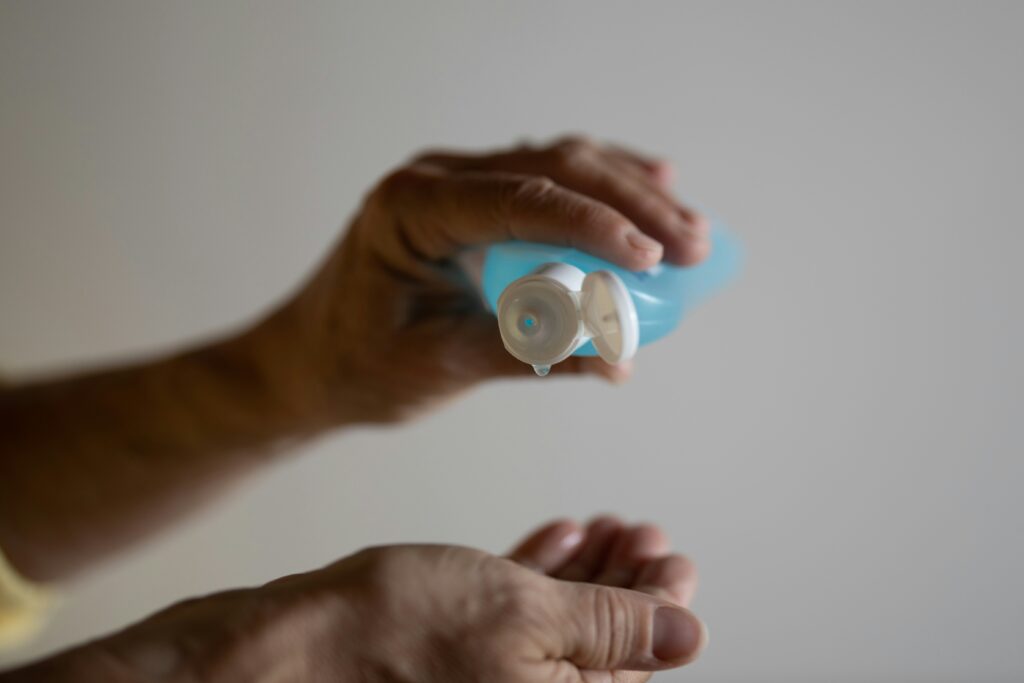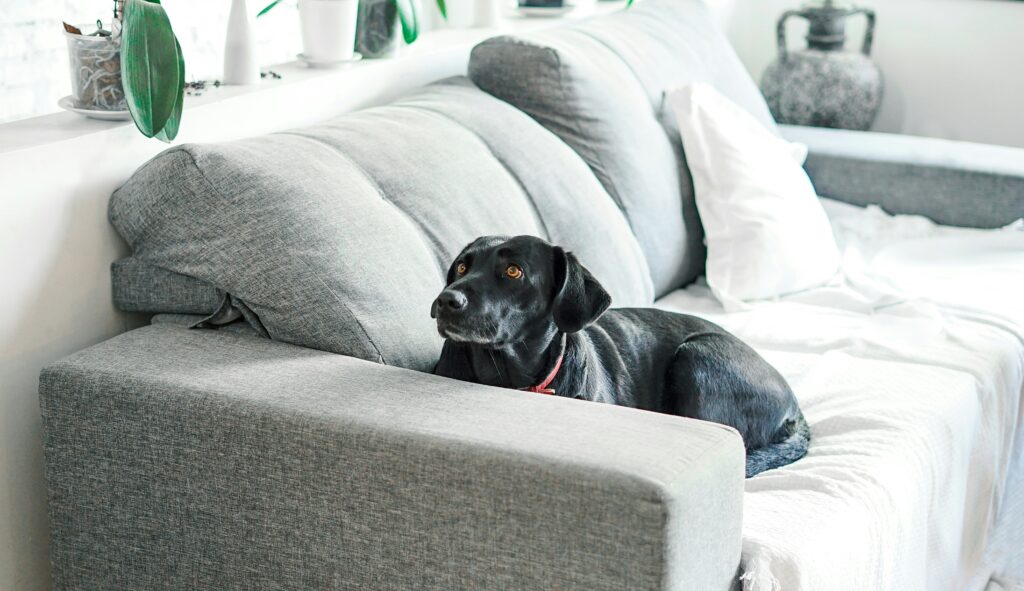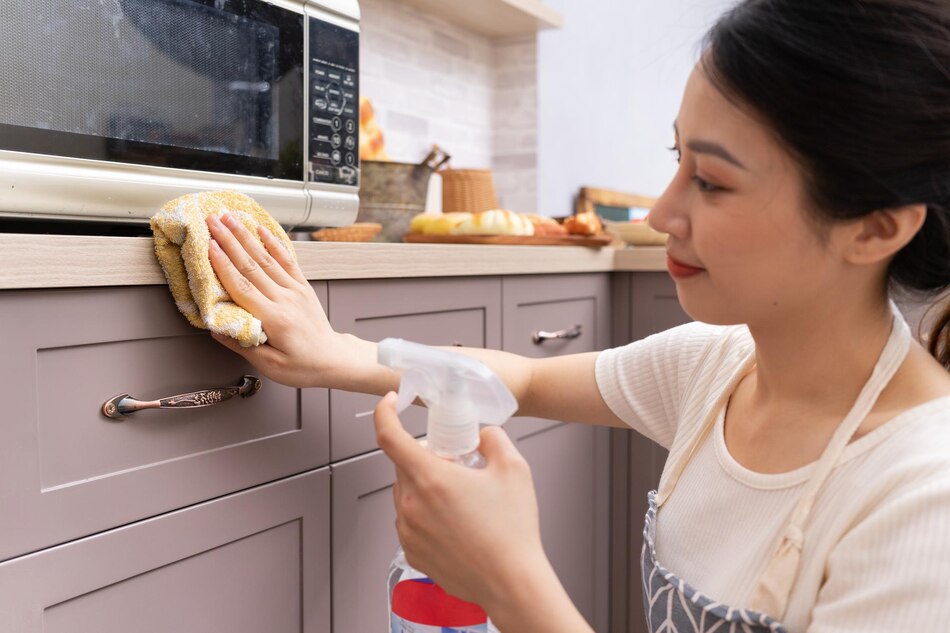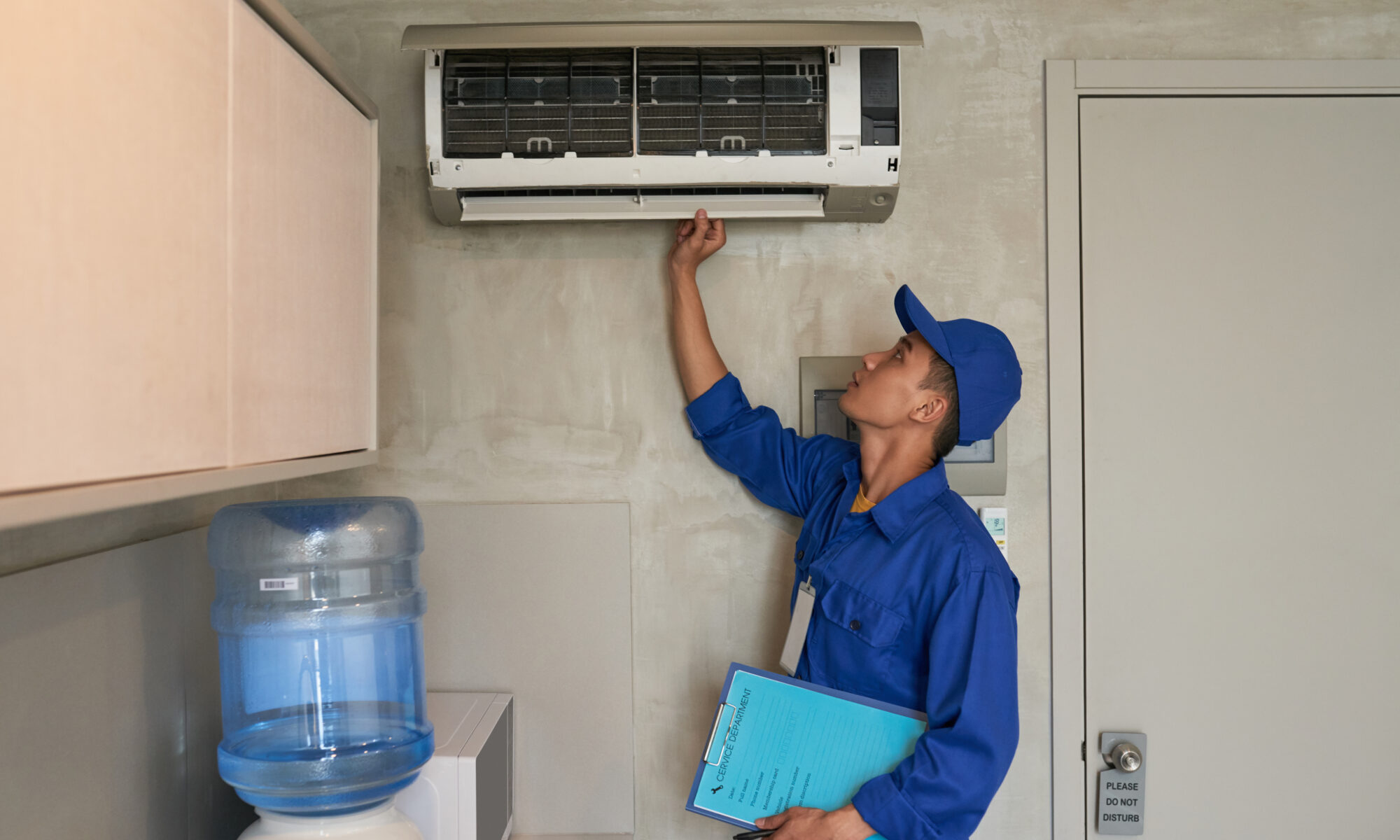The viral flu season is here, and many have fallen prey to it. Hence, it’s essential to take proactive steps to protect your health and boost your immunity. Flu can also lead to severe health complications, especially for the young, the elderly, and those with low immunity. Weave healthy habits into your day-to-day and make informed choices so you can reduce catching the flu and other infections.
1. Get Vaccinated
If you haven’t already, get yourself vaccinated! The influenza vaccine remains one of the most effective ways to protect yourself from the flu. Each year, scientists develop a vaccine targeting the most prevalent flu strains, making vaccination a reliable preventative measure. Getting the vaccine not only reduces your risk of contracting the virus but also decreases the severity of symptoms if you do get sick. Additionally, by staying vaccinated, you contribute to herd immunity — a benefit that protects others, especially those unable to receive the vaccine. In Singapore, flu vaccinations are readily available at clinics and hospitals. Vaccination also reduces your risk of getting the flu and helps protect those around you. No excuse for getting it as soon as possible, huh?
Vaccination remains important for children, pregnant women, healthcare workers, and seniors due to their higher risk of complications.

2. Maintain Good Hygiene
Good hygiene practices are fundamental to reducing the spread of viruses, including the flu. Regular hand washing with soap and water remains one of the most effective defenses. According to the World Health Organization (WHO), washing hands frequently reduces the likelihood of infection as it removes germs that accumulate on our hands throughout the day. Additionally, carry an alcohol-based hand sanitizer for times when soap isn’t available.
Other essential hygiene practices include:
| Avoiding face-touching | Touching your nose, mouth, and eyes introduces pathogens from your hands to areas where they can quickly enter your system. |
| Coughing or sneezing into tissues | If you’re feeling unwell, use tissues or the inside of your elbow to contain droplets, and promptly dispose of used tissues to prevent the virus from spreading. |
| Sanitizing high-touch surfaces | Regularly disinfect commonly touched items like doorknobs, light switches, and mobile phones, which can harbor viruses. |
With these simple hygiene habits, you can protect yourself and others from flu transmission.

3. Boost Your Immune System
Your immune system is your body’s first line of defense against illness. Strengthening it naturally provides added protection against flu season’s risks. Here’s how you can support your immunity:
- Eat a Balanced Diet: Consuming plenty of fruits and vegetables high in antioxidants, vitamins, and minerals strengthens immune responses. Foods rich in Vitamin C — like oranges, berries, and broccoli — support white blood cells, which fight off infections. Additionally, lean proteins, whole grains, and leafy greens provide essential nutrients that aid in maintaining immune function.
- Stay Hydrated: Drinking plenty of water throughout the day helps flush out toxins, maintains mucous membranes, and keeps the body functioning optimally. Dehydration can weaken immunity, making it crucial to stay hydrated.
- Exercise Regularly: Physical activity increases circulation, promotes lymphatic drainage, and supports immune health. Simple workouts like walking, jogging, or stretching can help improve immune resilience without adding stress.
- Sleep Well: Sleep is critical for immune function as it allows the body to repair, regenerate, and strengthen its defenses. Aim for 7–8 hours of quality sleep each night to ensure your body has adequate time to rejuvenate.
Building these habits strengthens your body’s natural defenses, giving you a better chance of avoiding the flu or experiencing milder symptoms.

4. Manage Stress
Stress is a key factor for chronic stress – physically and mentally. Stress hormones like cortisol can suppress immune responses, decreasing your body’s ability to fight off infections. To mitigate these effects, practicing stress management techniques can make a significant difference in your health.
Effective stress-relieving practices include:
- Mindfulness and Meditation: Practicing mindfulness or engaging in meditation sessions helps you relax, focus, and alleviate stress, which strengthens immune responses.
- Yoga and Breathing Exercises: Physical practices like yoga and deep breathing exercises lower stress levels, reduce inflammation, and improve overall well-being. The combination of movement and breathwork can help release physical tension, promoting a calm, resilient body and mind.
- Nature Walks and Breaks: Taking short breaks to walk outside, especially in nature, helps relieve mental fatigue, reduce stress, and improve mood, all of which benefit your immune health.
By managing stress effectively, you equip your immune system to handle flu season’s challenges with greater resilience.

5. Avoid Close Contact with Sick Individuals
The flu virus spreads easily through close contact, so it’s important to keep your distance from those who show symptoms. Additionally, if you’re feeling unwell, consider staying home to prevent spreading illness to others. Here’s how you can avoid unnecessary exposure:
Stay Home if Unwell: If you or a family member are experiencing flu-like symptoms, staying home helps minimize the spread of the virus to others. This responsible action benefits the larger community by limiting transmission.
Maintain a Safe Distance: Avoid crowded places where you’re more likely to come into contact with individuals who might be sick.
Use Masks and Hand Sanitizer: If you’re in close quarters or a crowded area, wearing a mask and using hand sanitizer can offer added protection against airborne pathogens.
Final Thoughts
Preparing for flu season requires adopting healthy habits and being proactive about immunity. By combining vaccination, good hygiene practices, a nutrient-rich diet, stress management, and avoiding exposure to sick individuals, you’ll have a robust defense against flu and other infections. Remember, consistency is key in maintaining a strong immune system, and by taking these steps, you create a safer environment for yourself and others.
Consider incorporating these tips into your daily life to stay healthy and resilient.























You must be logged in to post a comment.